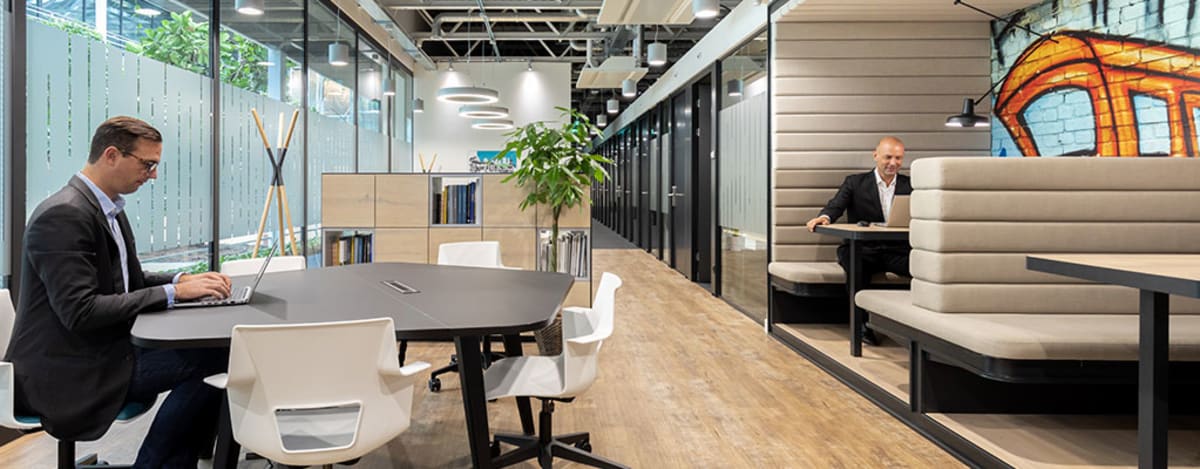An Instant Offices research report published before the Covid-19 outbreak found that flexible workspace had contributed to 35% of commercial property transactions in London in the last 12 months from publication, despite only making up 6% of total office supply. Pre-pandemic, a shift was clearly taking place with property directors moving from fixed-term office leases to flexible iterations, and even more so now that many businesses look to minimise costs in the face of a global economic turndown.
According to Instant Office’s UK and EMEA managing director John Duckworth, the growth in the availability of flexible workspace sector is a response to the requests of property directors, as “we start to see a proliferation of choice, with client demand forcing operators and landlords to aggressively evolve their models to differentiate and specialise.”
In 2020, experts have said that the pandemic will be beneficial to the industry in the long-term, as customers demand flexibility in their leases and the format of their office space.
Beyond the impacts of the pandemic, the “fourth industrial revolution” – the widespread digitisation of industry – certainly has its part to play. Wireless technology means people can now work from anywhere with an internet connection and power supply, reducing the need for a centralised HQ. With this newfound freedom comes an increasing sense of empowerment – employees can discount a lengthy commute, while employers looking to attract top talent need no longer consider geography in their decision-making.
Another contributor to the growth of the flexspace market is the impact that Brexit will have on businesses operating within Britain and its impact on European trade. With political uncertainty looming over the economic landscape, many businesses are refraining from making long-term decisions. The benefits of flexible, serviced-office space, where everything is managed for you – think short-term contracts, no cleaning or maintenance responsibilities, and the option to scale up or down as demand dictates) – are self-evident.
One surprising aspect of the report concerns market penetration. Despite its increasing popularity and growth, coworking and flexspace accounts for just 4% of “total office supply” in the UK, as of 2019. But as we move through 2020 and into 2021, we can almost certainly expect this figure to rise as investors err on the side of caution, attracted to the transience and low-risk commitment that flexible workspace offers, and the myriad benefits to which its users attest.
Learn more on how IWG’s suite of flexible workspace solutions can benefit your enterprise






